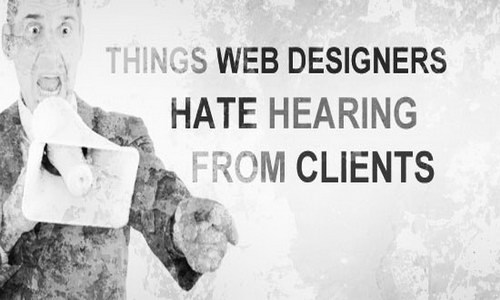Choosing the right content management system (CMS) is a critical decision that significantly impacts your website's functionality, management, and long-term success. While WordPress dominates market share, Joomla offers compelling advantages that make it the superior choice for many specific use cases. Let's explore how these two popular platforms compare to help you make an informed decision.
Content Organization and Architecture
Joomla:
- Built from the ground up with advanced content organization in mind
- Native support for complex content hierarchies and relationships
- Superior handling of different content types without plugins
- Powerful category system with nested structures for sophisticated content organization
WordPress:
- Originally designed as a blogging platform with simpler content structure
- Requires various plugins to achieve complex content organization
- Custom post types extend functionality but require additional setup
- Less intuitive for managing multi-layered content structures
User Management and Access Control
Joomla:
- Sophisticated built-in Access Control Level (ACL) system
- Granular permission settings for different user groups
- Create custom user groups with precisely defined privileges
- Perfect for membership sites, intranets, and multi-contributor platforms
WordPress:
- Basic user roles with limited customization options
- Requires third-party plugins for advanced permission control
- Less granular control over content access and editing rights
- Can become unwieldy for sites with complex user hierarchies
Built-in Functionality
Joomla:
- Comes with robust core features including contact forms and content versioning
- Native multilingual support without requiring plugins
- Built-in search functionality with advanced options
- Content workflow management for editorial teams
WordPress:
- Relies heavily on plugins for essential functionality
- Each additional plugin potentially impacts performance and security
- Core offering is more minimalist, requiring extensions for advanced features
- Plugin dependencies can create compatibility issues during updates
Technical Flexibility and Customization
Joomla:
- MVC (Model-View-Controller) architecture offers superior development flexibility
- Better template overriding system for developers
- More consistent coding standards across extensions
- Powerful menu system with extensive configuration options
WordPress:
- Less structured approach to theme and plugin development
- Inconsistent coding practices across different extensions
- Modification often requires direct theme edits or additional plugins
- Limited menu management capabilities without extensions
Security Considerations
Joomla:
- Historically strong security focus with robust architecture
- Smaller target for automated attacks compared to WordPress
- Better built-in security features including two-factor authentication
- Stricter extension development guidelines
WordPress:
- Primary target for hackers due to market dominance
- Security heavily dependent on third-party plugins
- More frequent security issues due to widespread use
- Requires vigilant updating and security monitoring
Enterprise and Business Applications
Joomla:
- Excels in corporate environments requiring complex organizational structures
- Better suited for large-scale sites with diverse content types
- Superior handling of internal workflows and approval processes
- More scalable for growing organizations with evolving needs
WordPress:
- Better suited for simpler business websites and blogs
- May require extensive customization for enterprise applications
- Can become unwieldy as organizational complexity increases
- Often requires developer intervention for advanced business needs
Community and Support
Joomla:
- Passionate community of technically skilled developers
- Higher quality extensions with more consistent standards
- Well-documented API and development resources
- Regular community events and development sprints
WordPress:
- Larger but more diverse community with varying expertise levels
- Overwhelming number of extensions with inconsistent quality
- Extensive but sometimes contradictory documentation
- Many tutorial resources but varying in technical accuracy
Conclusion
While WordPress dominates in market share and can be easier for absolute beginners, Joomla offers compelling advantages that make it the superior choice for websites requiring sophisticated content organization, advanced user management, or complex business applications.
Choose Joomla if:
- You need robust content organization and complex hierarchies
- Your site requires granular user permissions and access control
- You're building a corporate or organizational website with diverse content types
- You value built-in functionality over plugin dependency
- Security and architectural integrity are top priorities
Choose WordPress if:
- You're building a simple blog or basic business website
- You have minimal technical knowledge and need the easiest starting point
- Your project doesn't require complex content relationships or user permissions
- You prioritize having the largest selection of themes and plugins
For technically-minded organizations and developers who appreciate architectural elegance and built-in power, Joomla often proves to be the more capable and rewarding platform despite WordPress's greater popularity.









